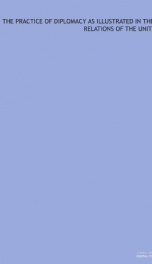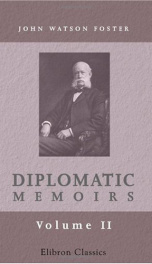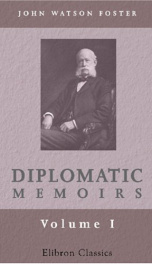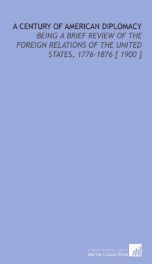american diplomacy in the orient

Purchase of this book includes free trial access to www.million-books.com where you can read more than a million books for free. This is an OCR edition with typos. Excerpt from book: " How much," he remarks, " is carried on between the several provinces and parts of the empire! how busy and industrious the merchants are everywhere; how full their ports of ships; how many rich and mercantile towns up and down the country! There are such multitudes of people along the coasts, and near the seaports, such a noise of oars and sails, and numbers of ships and boats ! " One of the presidents of the Dutch factory, in giving an account of his visit to the Shogun, states that there were as many as a thousand vessels in the bay of Yedo. The measures of exclusion adopted had the effect to deter the European nations from further attempts at intercourse, either commercial or political, with Japan, but not so as to China. The trade of that vast empire was greatly coveted, and the profits which were derived from the limited commerce through Canton, even with its burdensome conditions, only whetted the appetite of the avaricious merchants for greater facilities. During the seventeenth and eighteenth centuries repeated attempts were made by the governments of Portugal, Holland, Great Britain, and Russia, by imposing embassies sent to Peking, to secure greater trade privileges. The embassies of the first three governments were invariably attended with failure.1 Russia, however, occupied a different relation. She was not seeking for maritime intercourse. Her vessels of war did not come into Chinese waters to awaken alarm and commit outrages. Her commerce had to be established over a long land route. Besides, Russia had become a coterminous neighbor of China, and it was necessary to establish some kind of political relations. By 1637 the Cossacks had advanced across Siberia and stood on the shores of the Pacific at the Sea of Okhotsk. The Amur River had become a part of the boun...
Info about the book
Author:
Series:
Unknown
ISBN:
1176178563
Rating:
3/5 (4)Your rating:
0/5
Languge:
English
Users who have this book
Users who want this book
What readers are saying
What do you think? Write your own comment on this book!
write a commentif you like american diplomacy in the orient try:
Do you want to exchange books? It’s EASY!
Get registered and find other users who want to give their favourite books to good hands!







